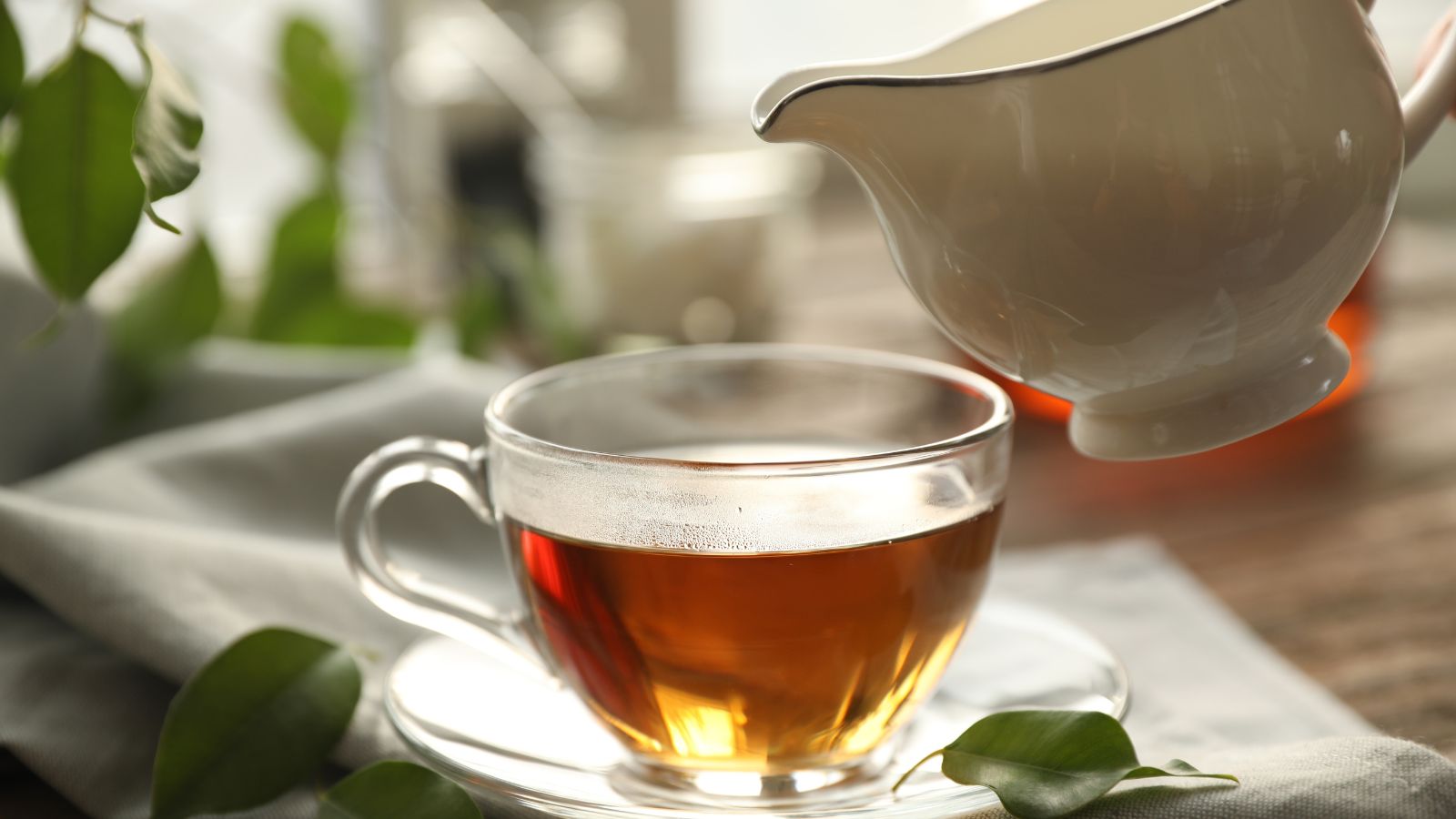We all have quirks that make us unique, but sometimes these quirks can unknowingly irritate those around us. If you’ve got British friends, you might be doing things that rub them the wrong way without even realising it.
Butchering the Tea-Making Process

To Brits, tea is more than just a drink; it’s a ritual, a comfort, and sometimes even a solution to life’s problems. If you’re microwaving the water, putting the milk in first, or, heaven forbid, using the wrong type of tea, you might as well be committing a cardinal sin.
Talking About Money

Discussing salaries, bragging about how much you paid for something, or even directly asking someone how much they earn can make your British friends squirm. In the UK, money talk is often seen as a private matter, best kept under wraps.
Jumping the Queue

Queues are sacred in Britain, and there’s an unspoken rule that everyone must wait their turn, no matter how long the line or how much of a hurry they’re in. If you accidentally cut in line, even if you didn’t mean to, you’re likely to face the wrath of some very polite but very annoyed people.
Overusing Sarcasm

The British are known for their dry sense of humour, but there’s a fine line between wit and over-the-top sarcasm. While a well-placed sarcastic comment might get a laugh, using it constantly can come across as mean-spirited or exhausting.
Not Saying “Please” and “Thank You”

Manners are a big deal in the UK, and the simple words “please” and “thank you” go a long way. If you’re asking for something or receiving something, no matter how small, skipping these courtesies can make you come across as rude; your British friends were likely taught from a young age to always be polite.
Making Fun of the Royal Family

Those from the UK have a complicated relationship with the Royal Family, but that doesn’t mean they’ll appreciate you poking fun at them. Even if your British friends aren’t ardent royalists, the Royal Family is still a significant part of their culture and history, therefore jokes about the king, the late Princess Diana, or the latest royal scandal might not go down as well as you’d think.
Ignoring the Weather Conversation

Talking about the weather is practically a national pastime in Britain. It’s not just small talk, it’s a way of life, so if you brush off weather-related comments or don’t engage in the conversation, you might leave your British friends feeling a bit miffed.
Misunderstanding the Word “Sorry”

Brits have a unique relationship with the word “sorry,” because it’s used not just to apologise but also to express sympathy, to get someone’s attention, or even as a reflexive response to being bumped into. If you find yourself perplexed by the many ways your British friends use “sorry,” it might be time to take a closer look.
Complaining Too Much

While everyone needs a good rant now and then, constant complaining can wear thin, especially on your British friends, who are known for their “stiff upper lip” and tend to keep their grievances to themselves. When you’re always moaning about your day, the traffic, or the service in a restaurant, it might start to grate.
Being Overly Enthusiastic

There’s nothing wrong with being enthusiastic, but in Britain, a little restraint is often appreciated. If you’re the type to gush over everything with wide-eyed excitement, your pals might find it a bit overwhelming. They tend to express excitement in a more understated way, with a simple “That’s nice” often sufficing.
Asking Personal Questions Too Soon

To the British, personal boundaries are important, and it’s considered impolite to delve into someone’s private life too quickly. If you start asking about someone’s relationship status, income, or religious beliefs early on in a friendship, you might be met with awkward silences.
Not Understanding the Concept of a “Proper” Pub

Pubs are an integral part of culture in the United Kingdom, but they’re not just about the drinking—they’re about the atmosphere, the conversation, and the unwritten rules that come with them. If you’re ordering cocktails at a traditional pub, speaking too loudly, or misunderstanding the significance of buying rounds, you might be unknowingly annoying people.
Disrespecting Public Transport Etiquette

British public transport has its own set of unspoken rules. Talking loudly or playing music without headphones are big no-nos, and the locals are likely very aware of these norms and will be irritated if you break them.
Overusing “Cheers” in the Wrong Context

“Cheers” is a versatile word in the UK, often used in place of “thank you” or as a casual sign-off in an email; however, using it excessively or in the wrong context can be grating. For example, saying “cheers” when it’s not needed or overdoing it in formal situations might make you seem insincere.
Misjudging Irony and Self-Deprecation

Irony and self-deprecation are cornerstones of British humour, but they can be tricky if you’re not used to them. If you take everything your British friends say at face value, you might miss the joke and respond in a way that seems out of sync.
Not Knowing When to Buy a Round

The round-buying tradition in pubs is a deeply ingrained social practice, so if you’re out with your British friends and everyone’s buying rounds except you, it will quickly be noticed. The idea is that each person takes turns buying drinks for the group, ensuring that everyone contributes and no one is left out.
Mispronouncing British Place Names

Britain is full of towns and cities with names that are tricky to pronounce, even for some locals. If you’re constantly mispronouncing places like “Worcester” (it’s “Wooster”) or “Leicester” (it’s “Lester”), your British friends might find it more than just a little amusing—they might be quietly annoyed.







